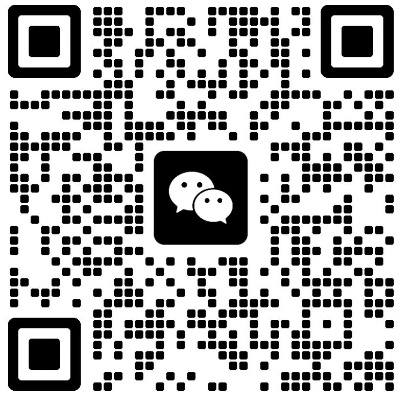The Pinnacle of Global Commerce: The English of Futures Trading Centers
In the heart of global finance, where fortunes are made and lost in the blink of an eye, lies the期货交易中心 (Futures Trading Center). These hubs of economic activity are not just buildings; they are the pulsating arteries of the world's markets, beating to the rhythm of supply and demand, speculation, and strategic foresight. At the core of this dynamic environment is a language that transcends borders and cultures—the English of Futures Trading Centers.
The Lingua Franca of Commerce
English has emerged as the lingua franca of international business, and nowhere is this more evident than in the期货交易中心. Traders, brokers, analysts, and executives from every corner of the globe converge in these centers, each speaking a myriad of native tongues. Yet, it is English that unites them, providing a common platform for communication and negotiation. It is the language of contracts, of bids and offers, and of the critical information that flows through the trading pits and electronic networks.
The Language of Opportunity
For those who aspire to succeed in the期货交易中心, mastery of English is not just an advantage; it is a necessity. The ability to understand and articulate complex financial concepts, to interpret market data swiftly, and to engage in rapid-fire negotiations can mean the difference between a lucrative trade and a missed opportunity. English allows traders to tap into a vast reservoir of knowledge, from real-time news feeds to expert analyses, all of which are predominantly available in English.
The Culture of the Trading Floor
The期货交易中心 is a unique culture unto itself, with its own set of customs, terminologies, and etiquette. The trading floor is a place where the volume of voices can be as overwhelming as the numbers flashing on the screens. Here, English is spoken with a particular cadence—fast, clipped, and often punctuated with the jargon that is the lifeblood of the trade. Terms like "hedging," "leverage," "margin calls," and "spot price" are thrown about with the ease of everyday conversation, yet they carry the weight of financial strategy and consequence.
The Education of an Insider
Becoming fluent in the English of期货交易中心 is more than just learning a set of words; it is about understanding a mindset. It requires an intimate knowledge of the markets, the products being traded, and the economic forces at play. It demands an ability to think on one's feet, to adapt to the ever-changing tides of the market, and to communicate effectively under pressure. This is why traders often spend years honing their craft, learning from mentors, and absorbing the unwritten rules of the trading floor.
The Future of Trading
As technology continues to revolutionize the way we trade, the期货交易中心 is evolving. Electronic trading platforms have become increasingly prevalent, and the face-to-face interactions of the trading pits are giving way to digital communication. Yet, even in this new landscape, English remains the dominant language. It is the medium through which algorithms are designed, trades are executed, and global markets are monitored.
In conclusion, the English of期货交易中心 is more than just a means of communication; it is the language of opportunity, of culture, and of the future. It is the key that unlocks the door to the world's financial markets, and for those who speak it fluently, it can be the key to success. As the markets continue to expand and adapt, so too must the language that binds them together. The English of期货交易中心 is not just a tool; it is the lifeblood of global commerce, pulsating through the veins of the world's economies, driving them forward into the future.
上一篇:期货交易:操盘类型全解析
上一篇:期货交易市场的奥秘与策略
 微信客服
微信客服